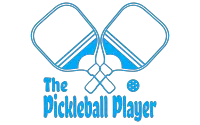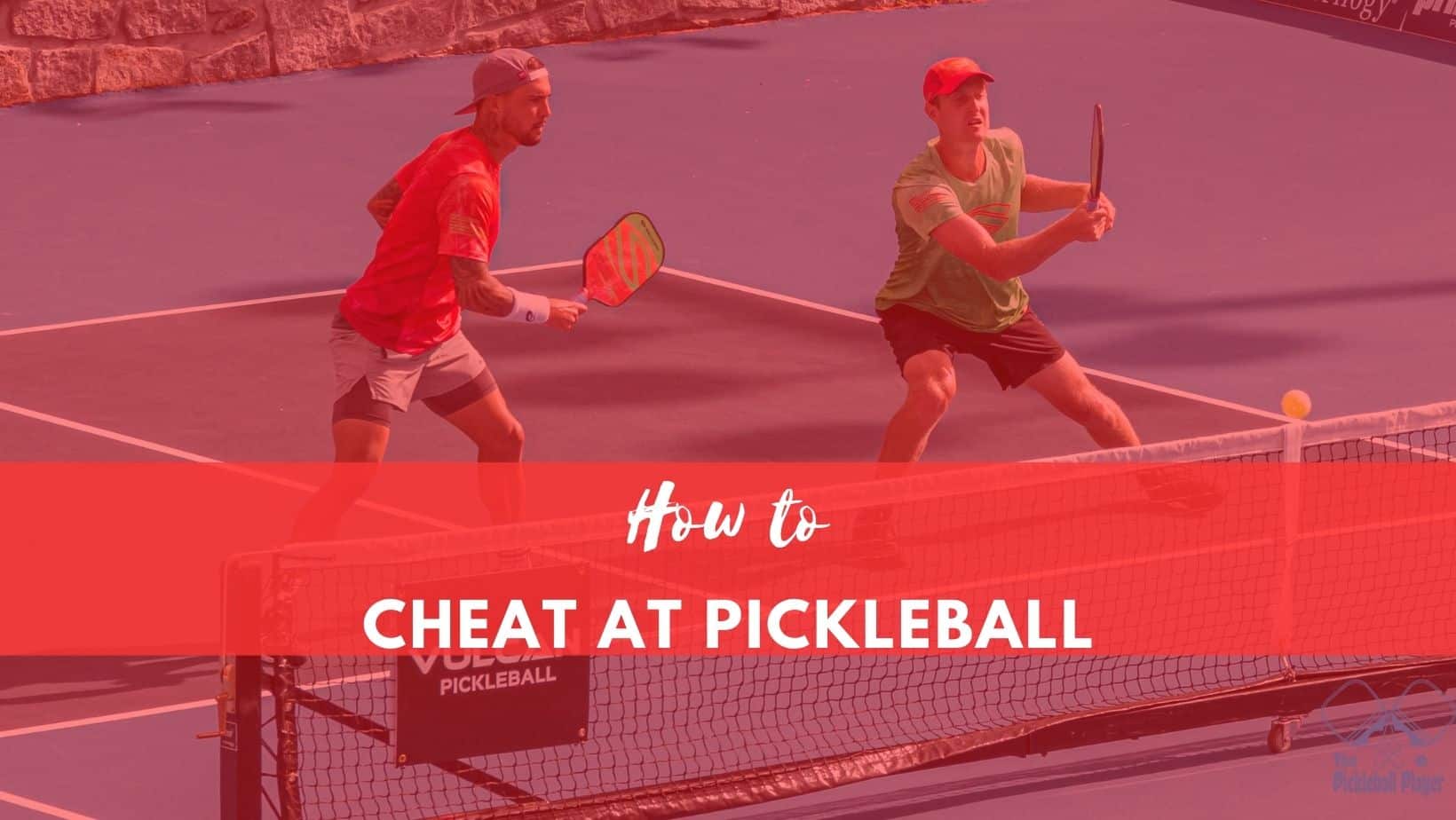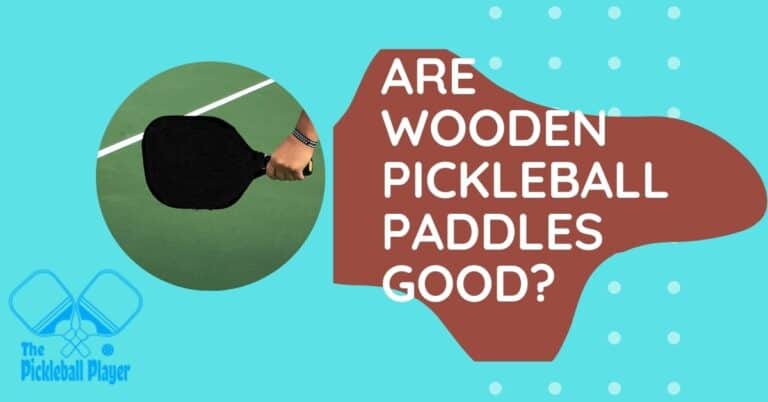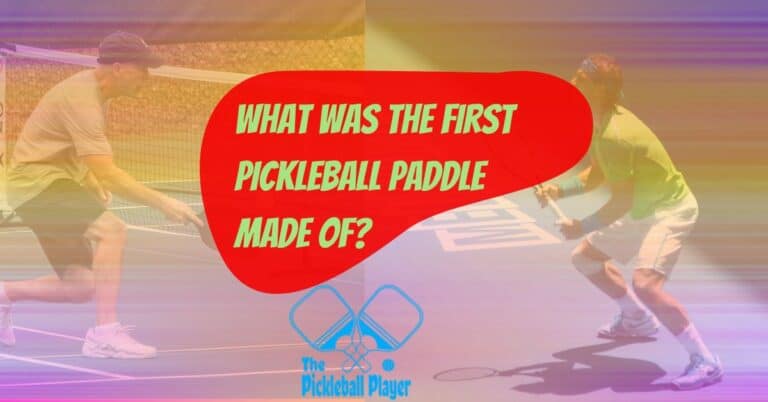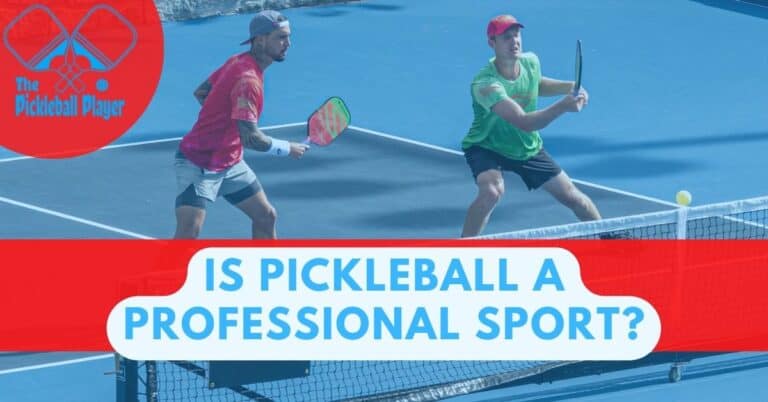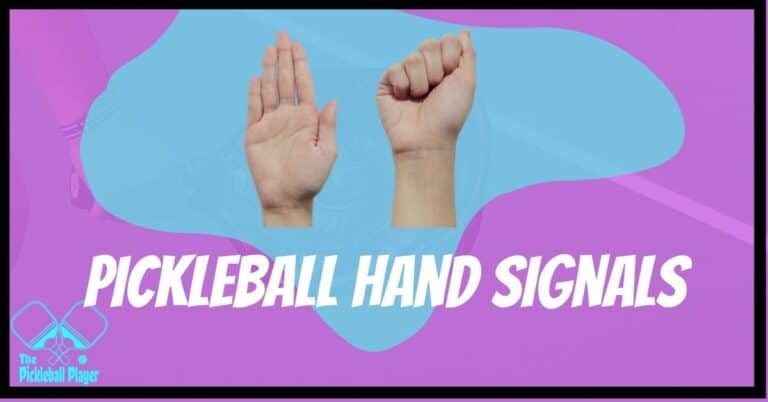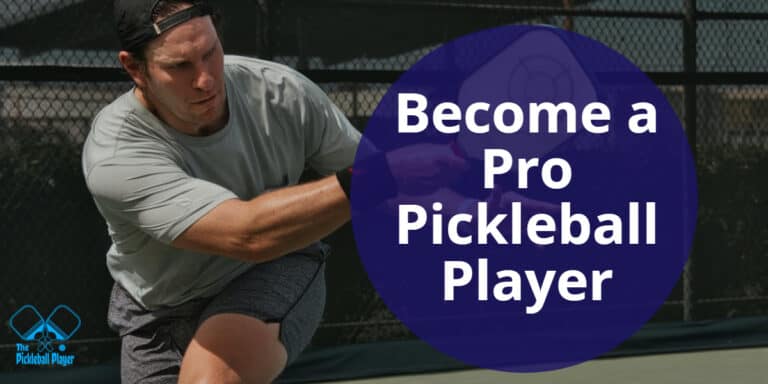How to Cheat at Pickleball?
Even though pickleball is a fun activity that promotes sportsman spirit, players will always find some loopholes in the rules and ways to cheat.
You might have seen some players using tactics not prohibited in the rulebook, and yet used with the intention to cheat. If you are here to know how to cheat at pickleball, you are at the right place.
This article will discuss some cheating tactics that players use to win at all costs. But before we begin, let me clarify that this article is for informative purposes only, and we don’t encourage anyone to cheat.
Let’s not talk anymore and get to the point.
Table of Contents
How to Cheat at Pickleball
Here we will discuss some very basic tricks that are frequently used. Many players sometimes do things that are considered cheating and are frowned upon.
Note: We’ll be referring to various rules of the USAPA rule book, so you should go through it.
1. Targeting a Weaker Player
Targeting happens in the doubles, where one weaker or less experienced player gets all the shots. As a weaker player, he makes a mistake and gives a point to his opponent.
It’s common to find your opponent’s weakness to win the match. Many players use this strategy, and it’s not cheating.
Yet, using this tactic in recreational matches is generally considered rude and disliked.
2. Unfair Line Calls
In most cases, players don’t intentionally make bad line calls. However, some players take advantage of their rights. They will call the ball in or out only when it favors them and cheat.
In the USAPA pickleball rulebook, rule 6.A provides clear instructions for line calls. This rule is further elaborated to prevent any loopholes.
Point 6.D describes the code of ethics in detail for the line call. According to this rule, players should strive for accuracy in their call. If there is any doubt or ambiguity, the call must resolve in favor of the opponent.
3. Using Illegal Serve
Serving can help you win if you master a consistent style. Before knowing what makes service illegal, you must know three basic rules.
According to USAPA rule 4. A;
- Serve’s arm should make an upward arc. This means the paddle should move in an upward motion.
- When the ball comes into contact with the paddle, it must be below the waist.
- The highest part of the paddle should not go higher than the wrist.
You might have seen players violating these rules in many games and getting away with that. These are such small and fine details and are hard to catch in real-time.
Many players also cheat by serving when their opponent is not ready for the return serve. According to point 4. C and 4.D, quick serving or serving before the score announcement, is not allowed.
However, it is something very common among players to gain a point.
4. Calling the Wrong Score
Point 4.K clearly indicates that if the wrong score is called and nobody catches on it before the third shot. The game will not stop, and players have to finish the rally.
Many players deliberately call the wrong score hoping to get one or two extra points. It also confuses the other players. They get distracted, which benefits the opponent.
5. Distracting the Opponent
Another common trick players use to cheat and get away with is distracting the opponent. It’s mentioned in rule 11. J that any distraction is prohibited.
This distraction can be loud sounds, a body movement, or throwing a tantrum. Also, any fancy or shiny color on your paddle or clothes can be a distraction.
Though communication with the partner is allowed, some players start talking loudly on purpose. Especially before their opponent team is going to strike the ball. The referee might announce it as a fault if he catches on it. But in recreational play, people can get away with this.
6. Enhancing the Spin by Using Some Substance
Using any material or other substance on your paddle surface to increase its roughness is illegal. The surface must be smooth, without any substance that gives it an extra spin.
Some players cheat and put some writing on the paddle that is inappropriate or rough. It is not allowed.
In fact, to prevent the use of any enhancement material, only USAPA-approved paddles are allowed in tournaments.
7. Calling Unnecessary Timeouts
A call for time out is legal in pickleball. According to rules, any player from either team can call for a timeout. You can call time out for toweling, changing equipment, or freshening up.
However, in many pro-level matches, players use timeout calls very strategically. It is not illegal but not appreciated either.
- Players often call time out to catch their breath. Sometimes pickleball becomes the game of endurance. In that case, taking time out to get your strength back is a good idea.
- Players also take time out to break the momentum of their opponents. Mainly if they are playing well. It’s often seen that the team asking for time out wins the next point.
- Players call for a timeout to change their strategy. Often, this talking and too much planning put the other team under pressure. Causing them to make a mistake.
- Some players even call medical time out to delay the match.
8. Sandbagging
In pickleball, sandbagging is something that happens often. When a higher level player, say 4.0, competes with low ranking players like 3.0 or 3.5 level players to win and get the upper hand, it is sandbagging.
In many tournaments, players do this to win the trophy. It is cheating and is not allowed. That’s why there are rankings. But especially in non-sanctioned tournaments, sandbagging is quite common. As a result, players have an easy win by playing against less experienced or low-ranking players.
The Bottom Line
Rule D.1.c specifies that in the spirit of good sportsmanship if a player makes any mistake, he should announce his fault before the next serve.
However, we can’t deny that a few players will cheat and, unfortunately, win. These rules may prevent a few things. Yet, players who want to win by hook or crook will find some new way to cheat.
Make sure you don’t do any of it. Also, don’t let anyone manipulate or take advantage of you. That’s why it’s important to know how to cheat at pickleball.
FAQs
Is stacking legal in pickleball?
Many beginner players want to know if stacking in pickleball is legal or not. It is very much legal. Stacking is a tactic, so players can maximize their strengths and stand in their ideal position. It will give them the power to use more forehand and cover more center. Similarly, switching hands is also allowed in pickleball, contrary to what some beginners believe.
To know what is stacking in pickleball and how it can help you win, read everything here.
